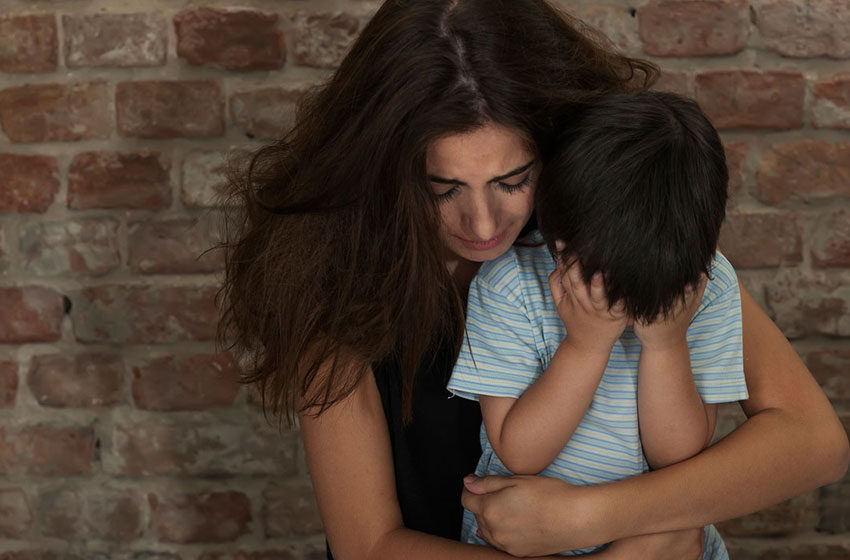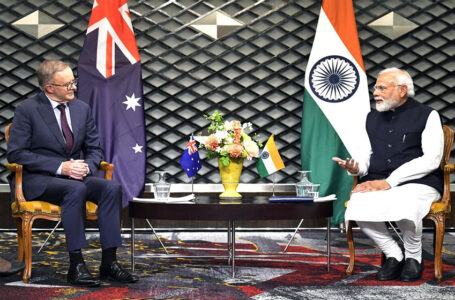Indians are receiving the most number of visas under the Family Violence provisions in Australia

It is a sad finding that victims of family violence from India are receiving more visas under the Family violence provision than any other nationality. These visas allow them to stay in Australia, even if their original sponsors withdraw their support. The Department of Home Affairs has released these figures. However, it is felt by social workers that the actual numbers could be even higher and that the Indian community is underreporting instances of violence in the home. Financial abuse seems to be the major issue, with families demanding a dowry. But it is not limited to that. Many cases involve the victim being denied access to finances so that they become entirely dependent on the abuser. While the majority of victims are female, there are some instances of male victims also.
Since 2012 more than 2700 Indian nationals have received visas under these provisions. Most of the applicants under the arrangement are females. Violence can be physical, emotional, or financial. Victims find themselves in the position of having support withdrawn by the perpetrator of the violence, leaving them in a situation where they feel they have no option other than to return to India. Often they are isolated from the community and feel they have nowhere and no-one to turn to. It has been suggested that a mandatory course on social networking for migrants be undertaken when families and individuals first arrive in the country. Then when these instances of abuse occur they have access to a network of individuals and organisations to call on for help.
It is not easy, for many reasons, for victims of family violence to get the help they need. One problem is cultural barriers. Another is that the system for reporting is not easy to access, and often the victims trying to locate the help they require are not able to navigate their way through the system. Not all visa holders are eligible to apply for a visa under the Family Violence provisions. Many temporary visa holders have no protection at all and therefore fall through the cracks in the system. There have been calls from aid agencies to investigate these areas and to change the laws to protect all potential victims.
There is currently a Parliamentary investigation taking place into instances of ‘dowry abuse’, where victims and their families in India are subjected to demands for a dowry, with the threat of physical abuse or withdrawal of support if it is not paid. This occurs in other cultures also, not just the Indian community.
Provisions under Act were brought in as a response to concerns that some victims would stay in an abusive relationship because they thought they might have to leave Australia if their marriage ended. Acceptable proof that the relationship has broken down must be produced, but it does not necessarily have to be legal evidence.
It is a fact that the most important means of combatting the instance of abuse is education. Potential victims must be aware of where to go and who to approach if they find themselves in a position where they need help. Anyone who requires further information can obtain a ‘Family Safety Pack’ that provides information on essential services and emergency contact in Australia.







